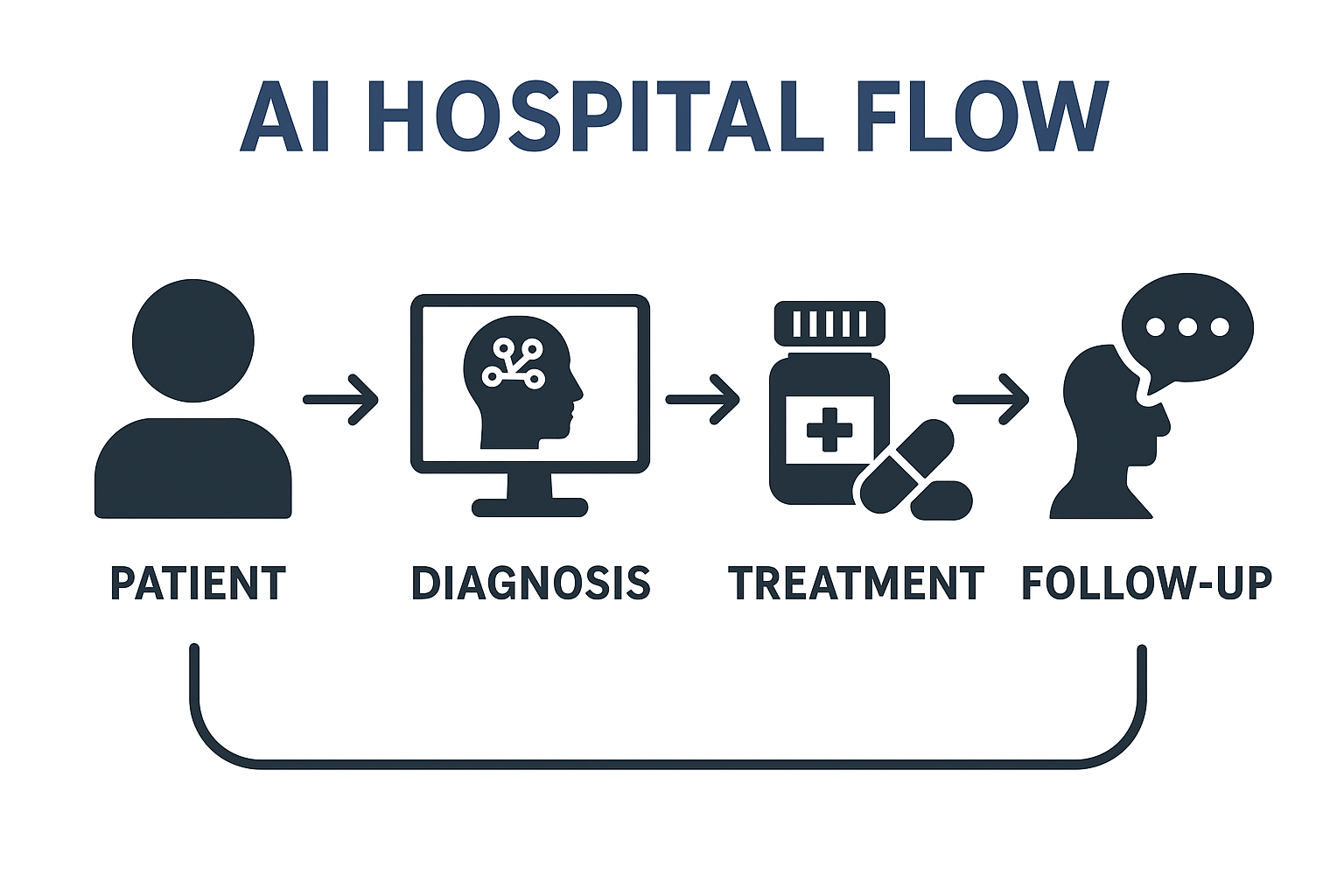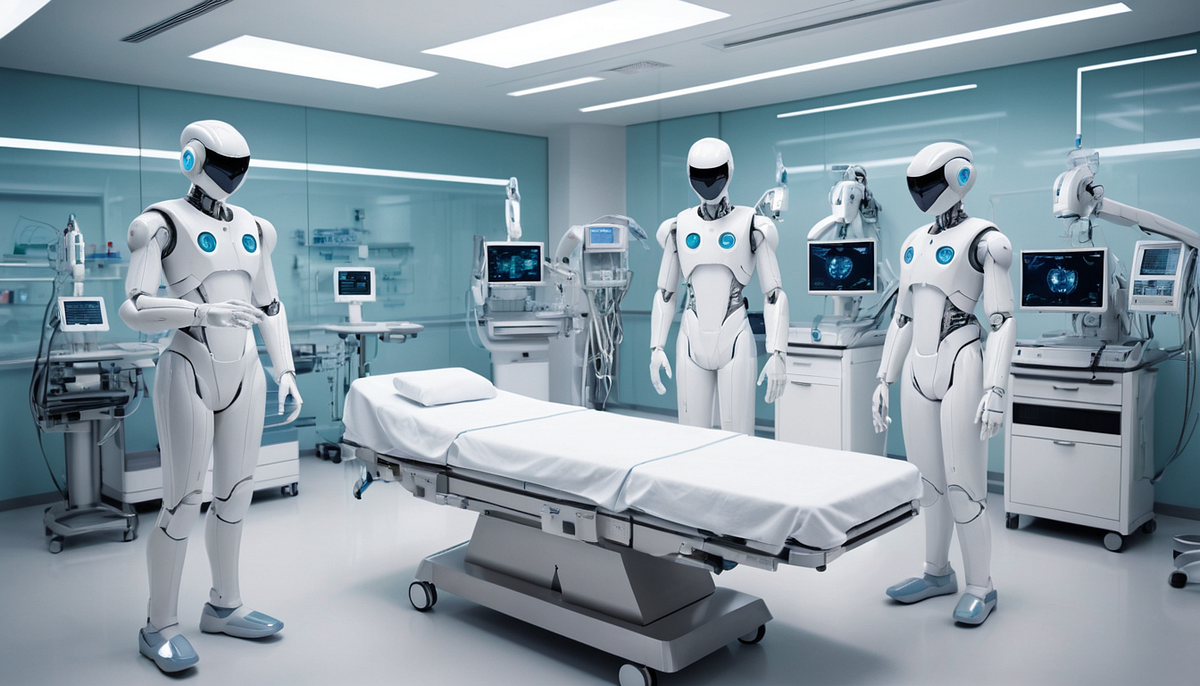Back in April, China took a giant leap into evolving the medical world by rolling out Agent Hospital, the world’s first fully AI-powered medical facility, where robotic physicians—not humans—handle the diagnosis, treatment, and follow-up of everyday ailments. It’s cutting those frustrating wait times and aims to make healthcare accessible at scale.

Based in Beijing and built by researchers at Tsinghua University’s Institute for AI Industry Research, Agent Hospital is a virtual space run by 14 AI doctors and 4 AI nurses. These digital professionals can treat up to 3,000 patient cases a day, and have already clocked a 93.06 percent accuracy on U.S. Medical Licensing Exam-style datasets focused on major respiratory diseases.

In this hyper-real but simulated environment, every facet of care—triage, consultation, diagnosis, prescription, rehab, and follow-up—is handled by large-language-model-powered agents, trained and fine-tuned through reinforcement learning and real-time feedback loops.
The upside? With AI now handling the bulk of real patients, Medical students are freed up to train in a risk-free digital arena, practicing diagnoses and therapeutic plans on virtual patients without the ethical baggage of real-world mistakes. The goal: safer, smarter clinicians, and more scalable medical systems.

But let’s not get ahead of ourselves. As Tsinghua’s team underscores, we still need rigorous validation, strict compliance with national health regulations, and clear human-AI collaboration protocols before flipping the switch on real-world deployment.
The takeaway? Agent Hospital isn’t just a cool headline—it’s a bold preview of what modern healthcare could look like: AI-assisted, endlessly scalable, and optimized for efficiency. The challenge now is to blend machine speed with human empathy—safely.
Cover image of a fabricated Agent Hospital via Supercar Blondie.
















